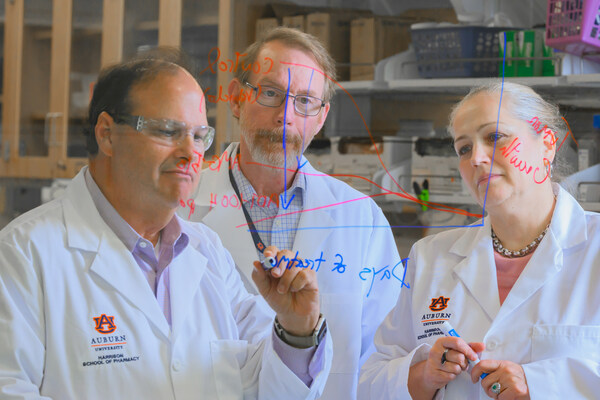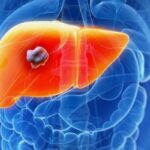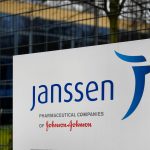A unique approach to cancer treatment: Piazza and his pharmacy team bring a new approach to cancer research at Auburn University

In a groundbreaking development, Gary Piazza and his research team at Auburn University’s Harrison College of Pharmacy have made significant strides in the development of a highly potent and selective anticancer drug. Despite the challenges often faced by academic scientists in advancing new medicines to clinical trials, Piazza’s team has discovered a promising drug candidate and is collaborating with the University of Alabama-Birmingham (UAB) O’Neal Comprehensive Cancer Center to progress it to clinical trials for patients with the most fatal cancers.
Gary Piazza, a highly respected cancer investigator with over 35 years of research experience, joined the Harrison College of Pharmacy in 2021 as the W.W. Walker Professor and head of the Department of Drug Discovery and Development. He is also the director of the Cancer Research Center at HCOP.
The multidisciplinary team, including medicinal chemist Xi Chen, cancer biologist Adam Keeton, pharmacologist Yulia Maxuitenko, and lab manager Kristy Berry, has been instrumental in solving technical challenges as they work towards advancing experimental drugs to the clinic.
Piazza’s early research in non-steroidal anti-inflammatory drugs (NSAIDs) led to the discovery that sulindac, a type of NSAID, could induce programmed cell death (apoptosis) in cancer cells. While NSAIDs are not typically associated with strong anticancer activity, Piazza’s research inspired a deeper understanding of their mechanism of action.
The focus of Piazza’s current research is on a novel series of compounds designed to inhibit the RAS protein, mutations in which have long been associated with various human cancers, particularly pancreatic, colorectal, and lung cancers.
The lead compound, ADT-1004, shows promising anticancer activity in mouse models of pancreatic cancer. Piazza is optimistic about its potential as an attractive drug candidate nearing clinical trials. ADT-1004 has demonstrated the ability to selectively kill cancer cells while sparing normal cells, addressing a longstanding challenge in cancer drug development.
Piazza emphasizes the value of collaboration and the diverse expertise within Auburn’s college, believing it can overcome major hurdles in advancing experimental anticancer drugs to clinical applications. With several actively funded research projects and a promising lead compound, Auburn University is poised to contribute significantly to the fight against cancer.
For more details on the Piazza lab’s work, visit Auburn’s Cancer Research Center.





